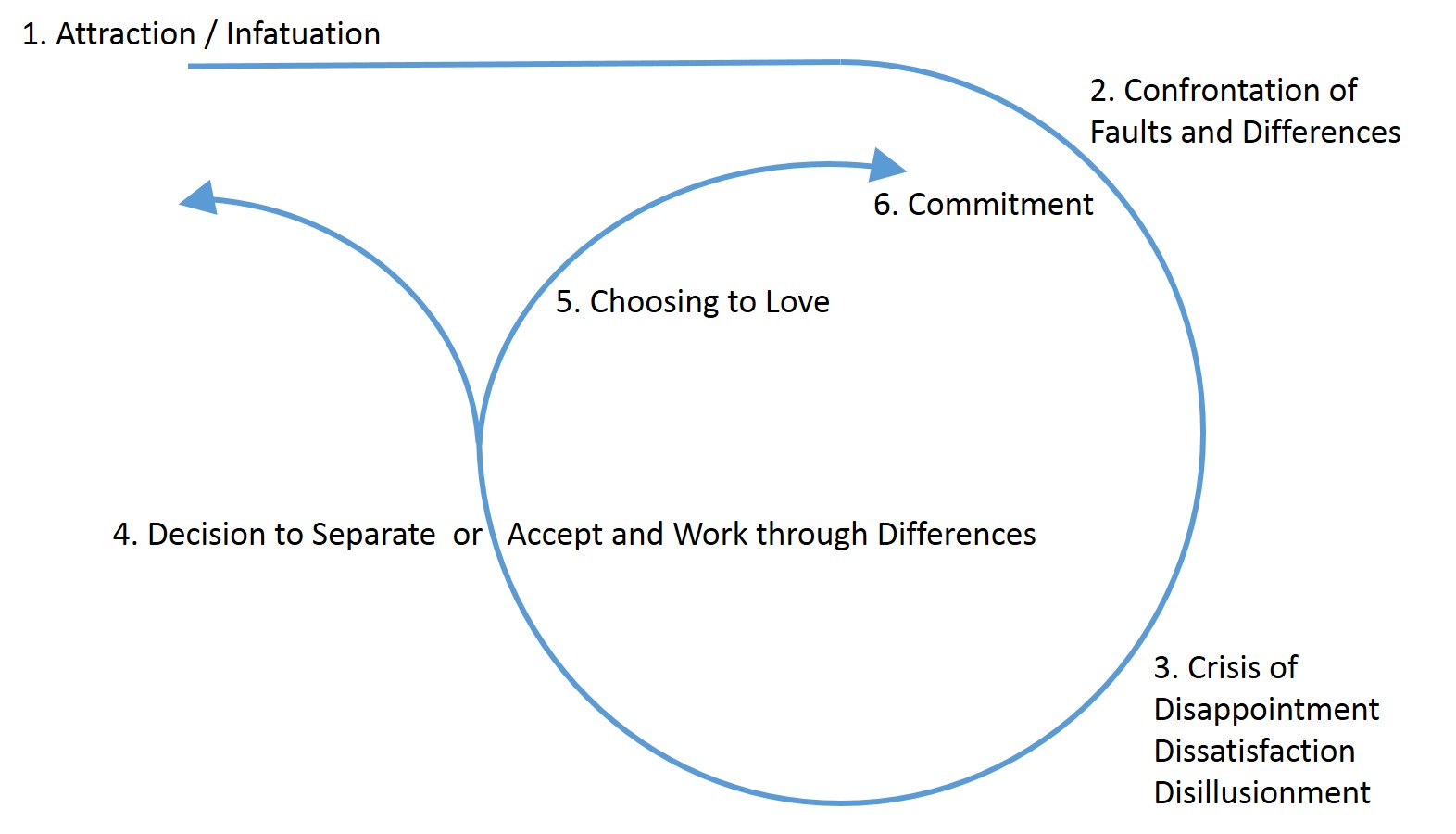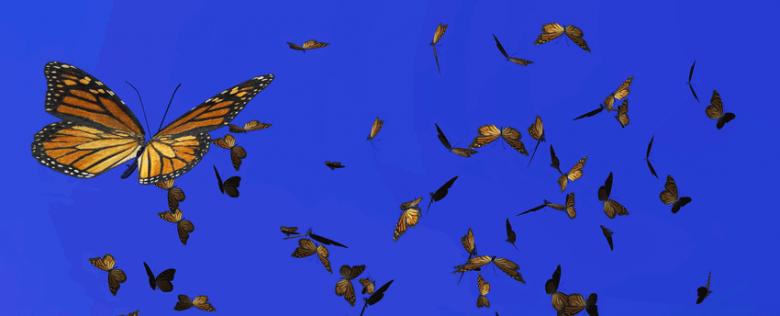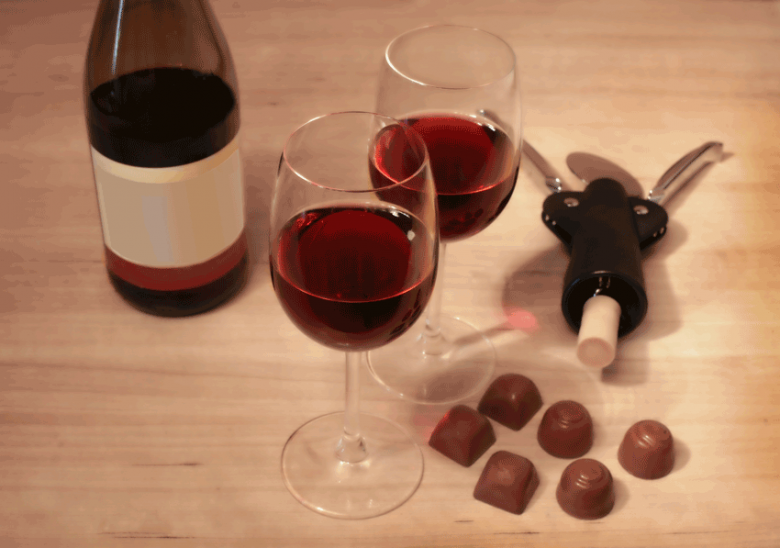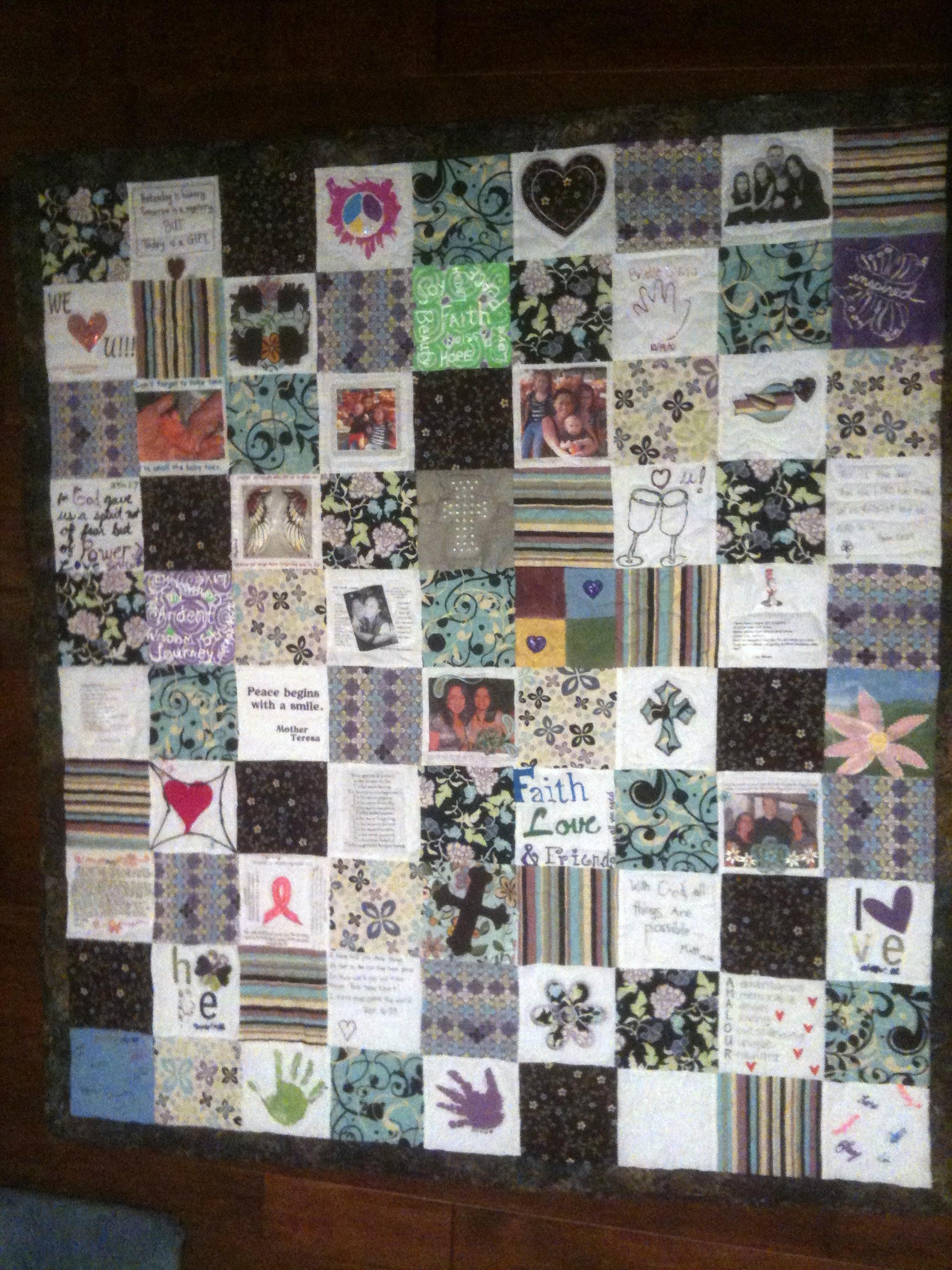You’ve Lost That Lovin’ Feeling
Falling in love is simultaneously one of the most fun and most confusing experiences in life. The butterflies… the smiles… the overwhelming elation… the excitement…
It often catches us by surprise—we neither see it coming nor choose it. It just happens. Sometimes we fall for people that (for whatever reason) we shouldn’t.
And before we know it, we find ourselves either singing along to You’ve Lost That Lovin’ Feeling or being serenaded (and not in the good, fun Top Gun way).
Add in a few Three’s Company style misunderstandings or a Romeo and Juliet conflict-of-loyalty and you’ve got the plot to a bulk of the romantic movies, sitcoms, and dramas out there.
No wonder we find it so shocking that
Love is not a feeling.
Even that passionate kind of love known as eros is not a feeling. (See my post Love, Love, Love for more explanation on eros.)
This is not to say that love is devoid of feeling. In fact, when we love, it feels great.
As we understand love, as we teach children about love, as we practice love in our relationships, it would be so much healthier if we understood that feelings are a fantastic side effect of loving, but feelings are not the essence of love itself.
When it comes to the topic of “Falling in ‘Love,’” M. Scott Peck says, “Of all the misconceptions about love the most powerful and pervasive is the belief that ‘falling in love’ is love…It is a potent misconception” (Road Less Traveled,84).
Recall Peck’s thorough definition of love (from my post What Do You Mean?).
Love is the will to extend one’s self for the purpose of nurturing one’s own or another’s spiritual growth (81).
Mistaking the feelings associated with “falling in love” as the essence of Real Love contradicts every aspect of Peck’s definition.
- Falling in love has no purpose: “Falling in love has little to do with…nurturing one’s spiritual development” (89 emphasis added)
- There is no extension of one’s self (circular process) with falling in love.
- Falling in love does not necessitate self-love (more on this in a future post on Dependency)
- Falling in love is effortless – it happens to us.
- Falling in love is not a choice; we don’t choose who we do or do not have feelings for.
In my second year of teaching high school, I was in my early 20’s and (unbeknownst to me) in the most unhealthy relationship of my life, which is why I find it so ironic that it was then that I stumbled upon one of the most helpful visual diagrams of relationships that I have ever seen.
The Relationship Cycle

The explanation of the Relationship Cycle reads like the story of an actual relationship:
- Attraction/Infatuation – This is that beginning of the relationship, becoming increasingly attracted to one other…also known as falling in love. As the (somewhat) straight line indicates, this is the easy phase where everything is wonderfully agreeable. Most of us (subconsciously) are on our best “job-interview” behavior, either overlooking or overcompensating for any possible “faults,” because we’re in love and everything is perfect!
- Confrontation of Faults and Differences – Whether it’s as meaningless as what movie to see or as meaningful as the role of children, money, careers, religion, etc., this is where the couple begins to identify and confront their differences. Many people look at this and exclaim, “Ooooo – first fight!” Perhaps… or perhaps it’s just a quiet recognition of the truth… Here, we often hear someone say something to the effect of: “You’re not who I thought you were.”
- Crisis of Disappointment/Dissatisfaction/Disillusionment – As the ease of the so-called honeymoon ends, it can be disappointing. Devastating, even.
- Acceptance or Separation/Abandonment of the Relationship – At this point, the couple has a choice to work out their differences or decide that the relationship is over.
- Love – The most obvious implication here is that love is a choice. With the effort of working through differences, the couple truly chooses to love one another.
- Commitment – The cycle continues… as the couple keeps discovering more and more about one another, they will continue have a choice to make: work it out or abandon the relationship. Commitment is a matter of continually choosing to love at every turn.
I think my favorite thing about this Relationship Cycle is being able to really see that the “falling in ‘love’” phase is just the fun beginning. Real Love is a lot deeper than that. Real Love is a choice which embraces truth. And that, my friends, feels incredible.
“Monarch butterflies migration © Depositphotos.com/Elenarts”






